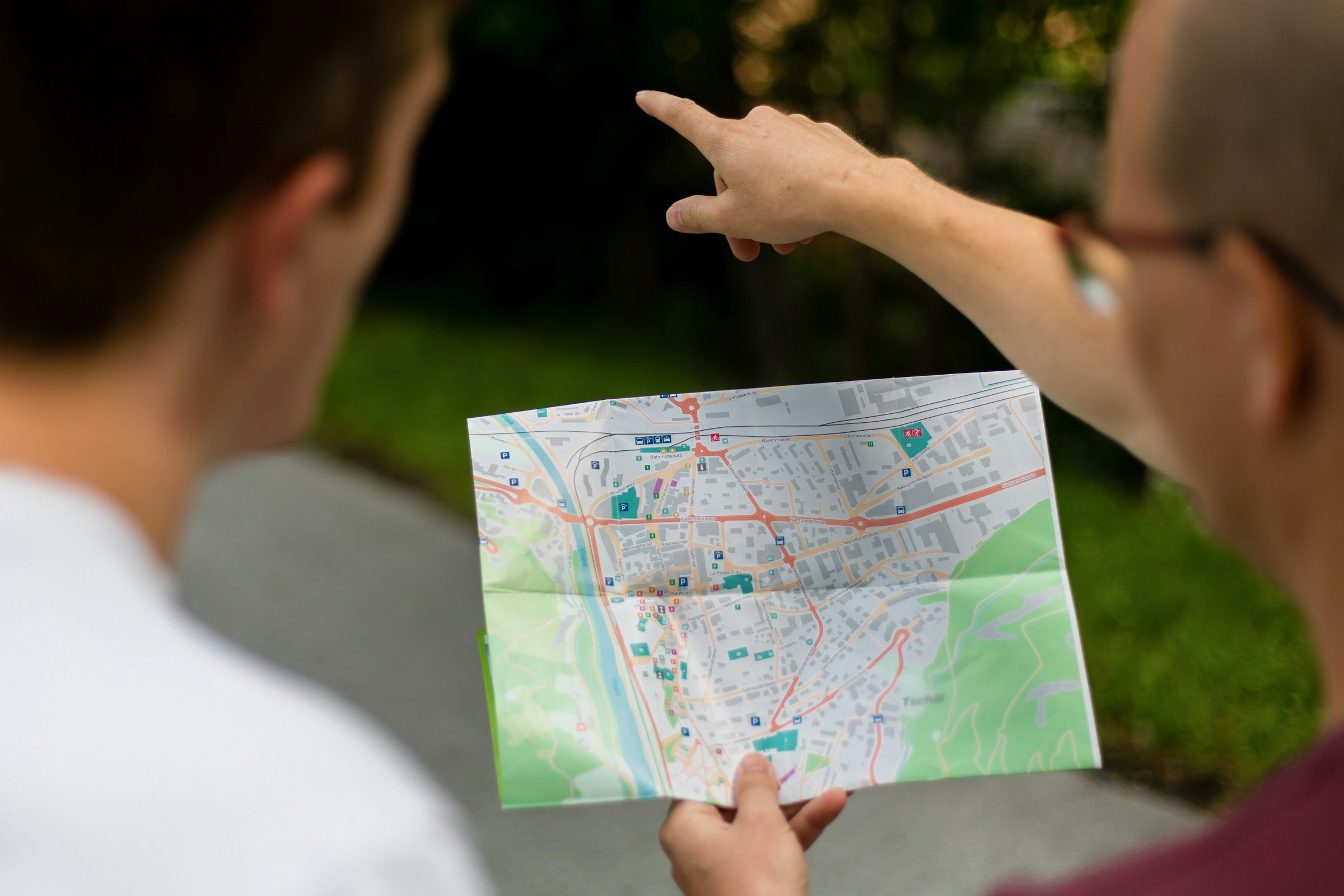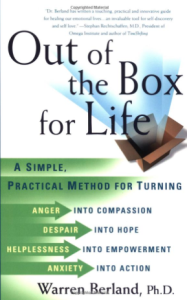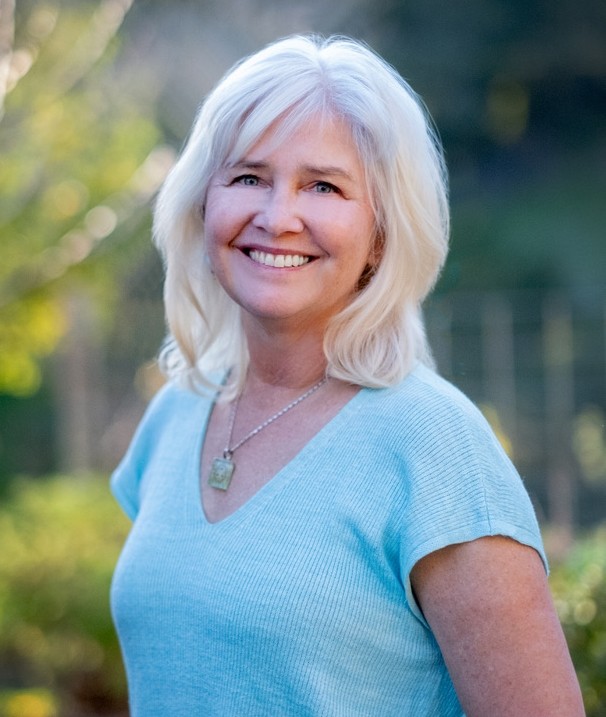
The Healing Power of Unconditional Love
What is Unconditional Love? Unconditional Love is about loving regardless of the other person “deserving” it. In contrast to conditional love, which is about earning love through one’s behaviors, when we love unconditionally we offer acceptance, respect and kindness to ourselves or another whether or not we like or desire the behaviors or thoughts/ emotions/ feelings we experience.
So what good is this kind of love? From my experience, it is the magical formula of true wellbeing and transformation.
For example, a client (whom I will call Stacey) realizes she has lived with the subconscious core story that she is unlovable. As a child her parents were busy and neglected her, often not meeting important needs for attention and support. She assumed this meant there was something wrong with her. Until now, Stacey has subconsciously believed that if she’d been more lovable, they wouldn’t have neglected her as they did.
 It is very common for children to mistakenly assume that the things their parents do and say are a result of their own inherent worth/ character/ loveability. Once Stacey can meet her younger self with unconditional love and see the grief and fear and anger that have come from this misunderstanding, she is able to viscerally understand how acceptable and lovable this younger self is. She begins to replace a foundational core wound with a kinder and more accepting attitude toward herself.
It is very common for children to mistakenly assume that the things their parents do and say are a result of their own inherent worth/ character/ loveability. Once Stacey can meet her younger self with unconditional love and see the grief and fear and anger that have come from this misunderstanding, she is able to viscerally understand how acceptable and lovable this younger self is. She begins to replace a foundational core wound with a kinder and more accepting attitude toward herself.
It seems there is a hidden therapist within all of us that can bring unconditional acceptance to our thoughts and emotions. We all have the capacity to do this. We can step back from our feelings and thoughts and witness them without judgment. This sounds easy but when it comes to our thoughts and feelings, most of us automatically believe the thoughts that pop into our heads and the feelings that follow.
It is a huge step toward freedom when we wake up to the truth that our painful thoughts (and therefore our feelings) about ourselves (and others) simply aren’t true! They are misunderstandings from our childhood experiences or our family’s conditioning or from the culture at large.
Our suffering is directly related to our beliefs about ourselves–the more unloving and critical we are toward ourselves, the more we will suffer. The more we accept and love ourselves, warts and all, the more we will accept others and feel joy and delight in life as it is.
Orienting toward life from unconditional love can be one of the gifts of psychotherapy and counseling. Recognizing our basic lovability and healing the parts of us that don’t see things that way, starts a cascade of goodness. Life becomes a lot more enjoyable when this happens.
If you want to learn more about the healing power of unconditional love or share with me your own story, please be in touch!




 Reality: When we get what we want we feel happy because for a little while we aren’t wanting anything other than what we have. For a brief moment we are Buddhas, content with the way things are.
Reality: When we get what we want we feel happy because for a little while we aren’t wanting anything other than what we have. For a brief moment we are Buddhas, content with the way things are.






